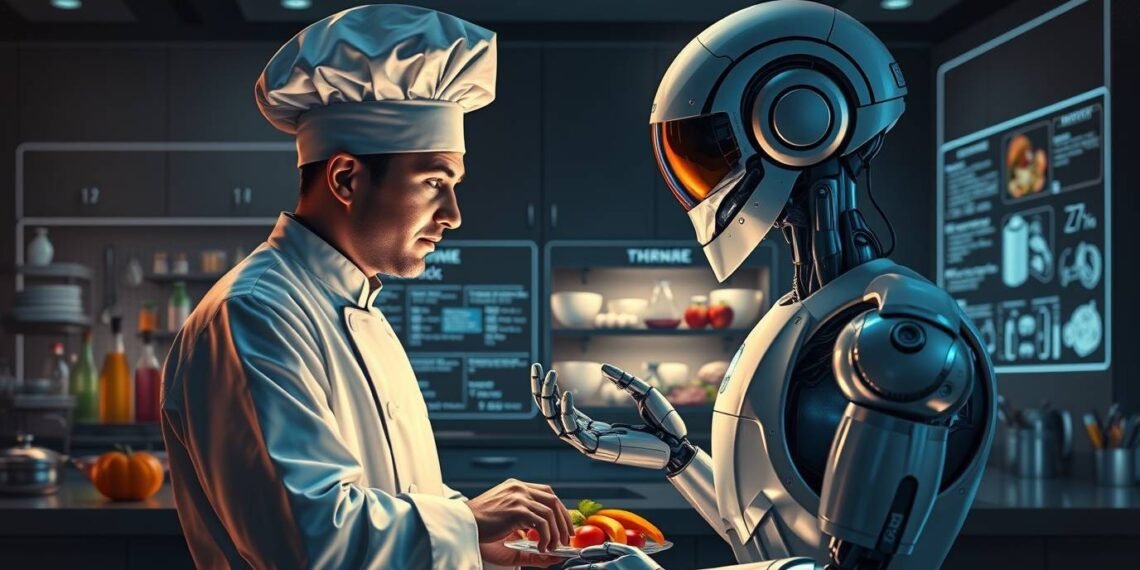Artificial intelligence is the key trend of this decade. Since its introduction in November 2022, many leading food companies have embraced AI to boost efficiency and streamline research and development. Here are some examples:
Nestlé has harnessed AI throughout its processes, greatly enhancing product innovation with its AI-driven concept generator, which has created over 1,300 products in a much shorter time span. AI also aids in recipe optimization by managing ingredient expenses and adhering to global standards while digital twins allow Nestlé to effectively tailor its marketing strategies. Unilever similarly uses AI for new product development, utilizing in-silico testing to quickly assess numerous recipe variations for regional preferences, while applying digital twins for precise product replicas, which fosters significant savings in time and costs during marketing efforts.
Mondelēz International employs AI to speed up product formulation, achieving results more rapidly than traditional methods with continued human oversight. The company also uses generative AI to refine marketing efforts by producing personalized content. Kraft Heinz monitors its supply chain with AI, utilizing a computer vision system to identify any defective ingredients in large shipments, and Danone collaborates with Microsoft to enhance supply chain efficiency by optimizing procurement and gaining valuable insights into vendor performance.
The ainewsarticles.com article you just read is a brief synopsis; the original article can be found here: Read the Full Article…
